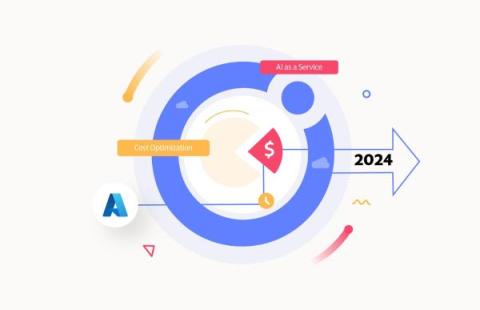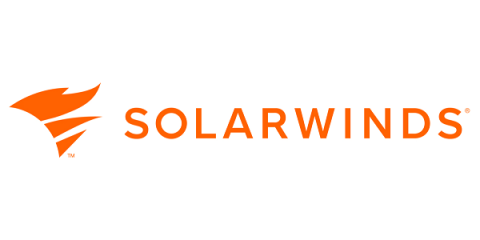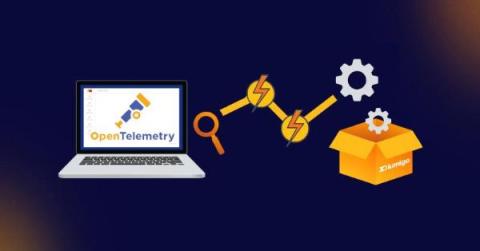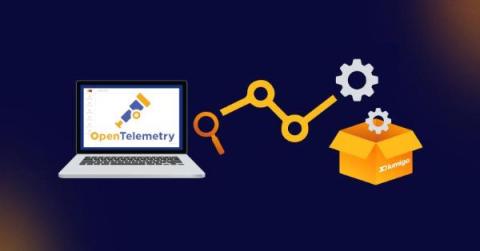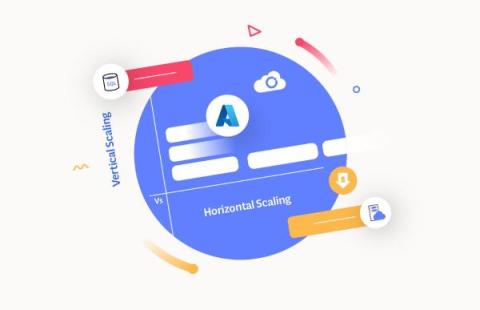Operations | Monitoring | ITSM | DevOps | Cloud
Serverless
The latest News and Information on Serverless Monitoring, Management, Development and related cloud technologies.
Logging and Debugging AWS Lamba
A Comprehensive guide to auto-shutdown idle Azure VMs to maximize cost savings
Unlock significant cost savings with Azure VM Reservations
Azure Cosmos DB Cost Optimization to avoid unforeseen expenses
The Power of Distributed Tracing in Shifting Observability Left
This is the second post in a 3-part series about shifting Observability left. If you have not had a chance to read the first, you can find it here. In today’s complex microservices deployments, gaining visibility into deployments is vital for optimal system performance and scalability. This has become even more important as the tech industry has moved toward microservice architecture reliance. Navigating through logs has become increasingly complex as requirements have grown.
Shifting Observability Left - Empowering Developers
This is the first post in a 3-part series about shifting Observability left. When it comes to the reliability and performance of your applications, compromise is not an option in the world of software development. This is where observability can help developers achieve a more robust and scalable infrastructure.
5 Strategies to Reduce Your AWS Lambda Expenses Efficiently
As a serverless computing service, AWS Lambda has revolutionized deployment with its pay-as-you-go model. Yet, users often grapple with unexpected costs. This guide underscores the criticality of cost optimization and prepares to unveil quintessential strategies to trim down your Lambda bills without compromising performance.


